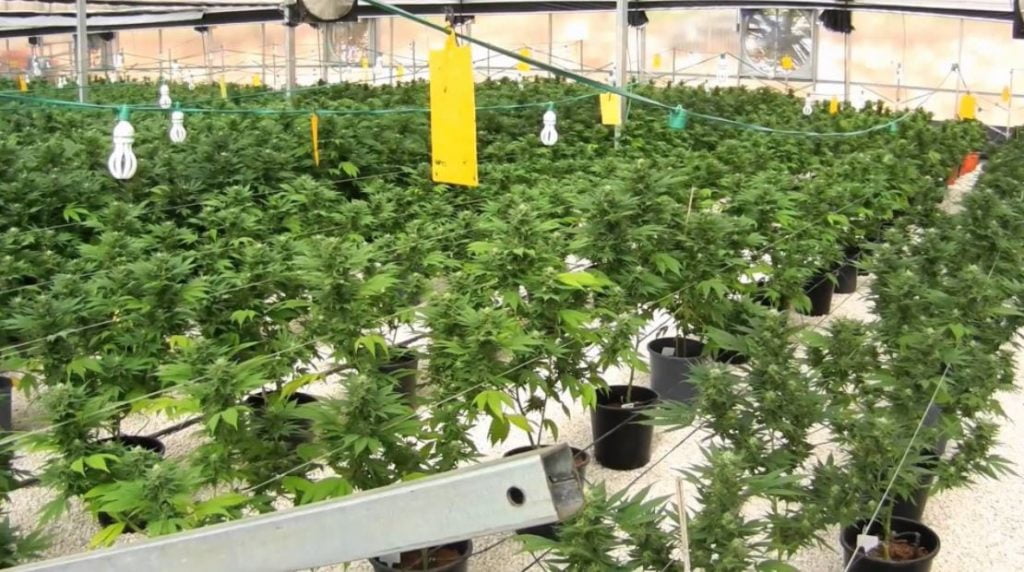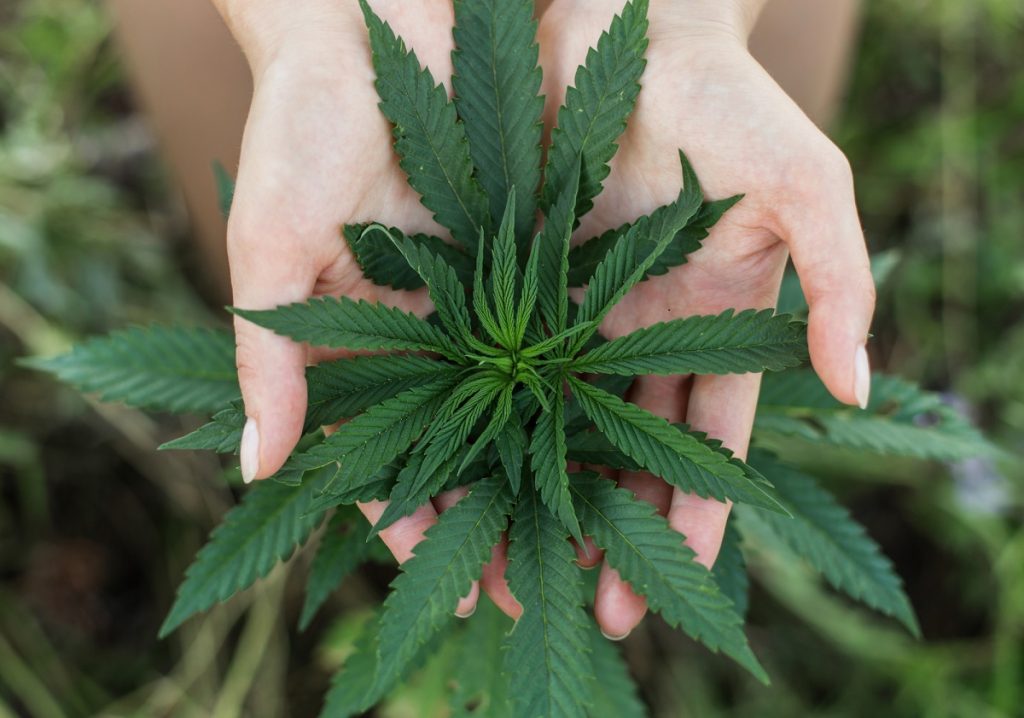In a long-awaited move, Israel’s Knesset approved the medical cannabis export law in second and third readings on Tuesday, paving the way for Israel to become a leading medical cannabis exporter and participant in a thriving sector that is expected to soar to $33 billion by 2022. Lawmakers voted 21-0 in favor of the bill, part of a set of reforms first okayed in 2016, but implementation still needs cabinet approval.
According to Israeli government research, medical cannabis exports is set to bring in an estimated $1 billion in revenue per year. Since the government announced the reforms two years ago, some 400 Israeli farmers applied for permits to grow cannabis, the Israeli Health Ministry said last year, with another 242 receiving preliminary approval. The ministry also said it received some 200 applications for cannabis nurseries seeking to distribute cannabis plants, 95 requests to set up cannabis pharmacies, 60 applications for processing facilities, and 44 requests to set up stores selling cannabis products.
SEE ALSO: 7 Israeli Startups Taking Medical Cannabis Into The 21st Century With Innovative, ‘Smart’ Devices
But the law hit a snag in February when Prime Minister Benjamin Netanyahu, much to the dismay of the local industry, froze exports plans amid political wrangling and opposition by the Ministry of Public Security headed by Gilad Erdan which said it was afraid plants grown for exports would spill over into the recreational market and demanded some NIS 200 million to its budget to help secure facilities. A reported conversation with US President Donald Trump, whose administration is taking a hard line against cannabis including its medical use, was also said to be the cause of the sudden export freeze.
The revised law provides a budget for police to monitor, track and control the production and delivery of cannabis for export, and prevent said spill over.
Recreational use of cannabis in Israel is still not legal but licensed medical cannabis consumption for vetted physical and mental health issues has been allowed for a decade.
Israel has over the years become a powerhouse of medical cannabis R&D due to the pioneering work of Hebrew University of Jerusalem Professor Raphael Mechoulam. In 1964, the renown organic chemist was the first researcher to identify cannabis’ THC compound, the chemical known for causing a “high,” laying the foundation for scientific research on cannabis and its use in modern medicine.
Sign up for our free weekly newsletter
SubscribeIt’s also home to eight cannabis growing companies and dozens of cannabis startups and companies. Amid the exports freeze, Israeli medical cannabis growers and firms increasingly sought partnerships and opportunities abroad.

tikun olam plant
The new law specifies that any foreign investment of more than five percent in an Israeli cannabis company will require regulatory approval, according to cannabis tech startup accelerator iCan.
Saul Kaye, founder and CEO of iCan, which hosts the annual CannaTech conference in Tel Aviv, said in a statement that the approval was a “long overdue but welcome development.”
“iCAN has been diligently working together with Israeli regulators to further the growth of the cannabis industry with the goal of having Israel become the leading global export nation of medical cannabis. Israel, already the most advanced nation in cannabis R&D will now be able to produce and market cannabis and cannabis-based products that will help millions of people suffering from illnesses including cancer, MS, Parkinson’s, sleep disorders, epilepsy, and PTSD, to name just a few. Israel’s expertise in the field extends from cultivation and processing to research and development,” Kaye said.
He told NoCamels earlier this year that Israel can become the leading global export nation of medical cannabis, where “Cannabis will become as important to Israel’s economy as high-tech.”
The law now awaits final approval from Netanyahu and his cabinet. If given the go-ahead, exports may begin as soon as next year.
Related posts

Editors’ & Readers’ Choice: 10 Favorite NoCamels Articles

Forward Facing: What Does The Future Hold For Israeli High-Tech?

Impact Innovation: Israeli Startups That Could Shape Our Future




Facebook comments